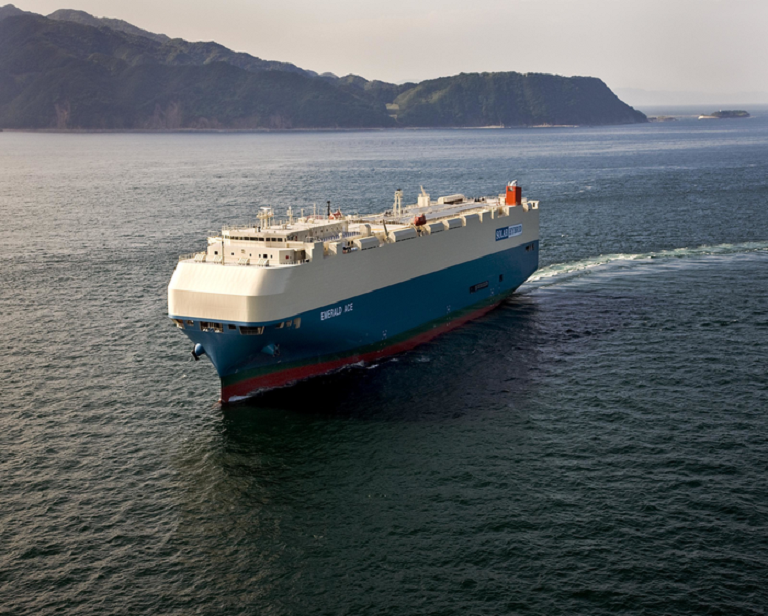Japan’s Mitsui O.S.K. Lines, one of the country’s largest shipowners, issued a new safety advisory for its vessels transiting the Strait of Hormuz, the key chokepoint for oil and gas ships traversing the Persian Gulf, amid heightened tensions between the US and Iran.

Under the latest safety advisory — which was issued after a US strike Thursday in Baghdad killed Iranian General Qassem Soleimani — MOL advised its ships to keep a distance from the Iranian coast and avoid Iranian waters when transiting the Strait of Hormuz, a company spokesman said Monday.
NYK Line, another major Japanese shipowner, also maintained its measures in place, including maximizing the speed of its ships passing through the Strait of Hormuz, a spokesman said Monday.
MOL has about 30 ships with UK-linked flags including those not transiting the Strait of Hormuz, accounting for about 3% of its total fleet, the spokesman said. UK-linked flags include Bermuda, British Virgin Islands, Cayman Islands, Gibraltar, and Isle of Man.
The UK is beefing up security around the Strait of Hormuz. Iran in the past had threatened to close the waterway in case of war in the region.
“I have instructed preparations for HMS Montrose and HMS Defender to return to accompanying duties of Red Ensign Shipping in the Strait of Hormuz,” UK defense secretary Ben Wallace said in a statement on Saturday. “The government will take all necessary steps to protect our ships and citizens at this time.”
The Strait of Hormuz is the world’s most important oil chokepoint because of the large volumes of oil that flow through it. In 2018, its oil flow averaged 21 million b/d, or the equivalent of about 21% of global petroleum liquids consumption, according to the US Energy Information Administration.
Source: Platts